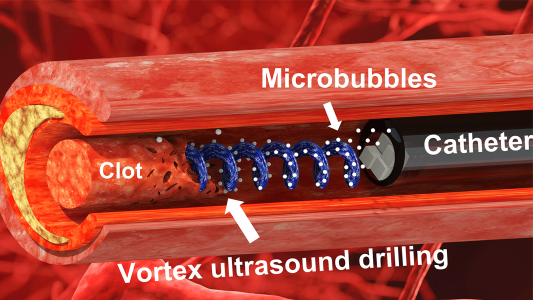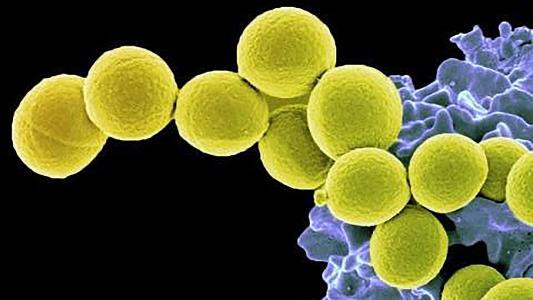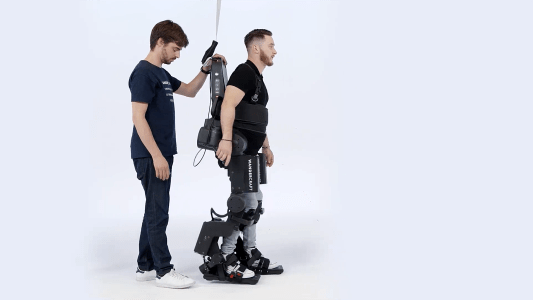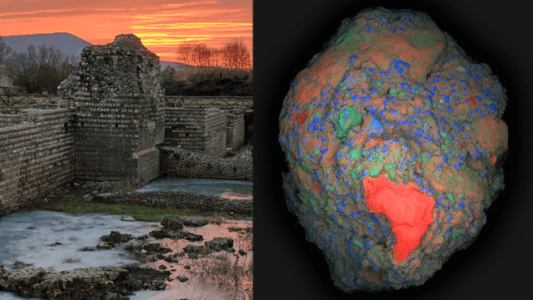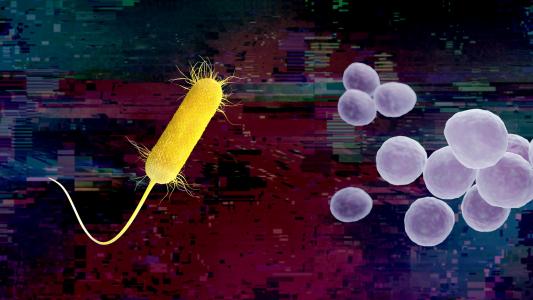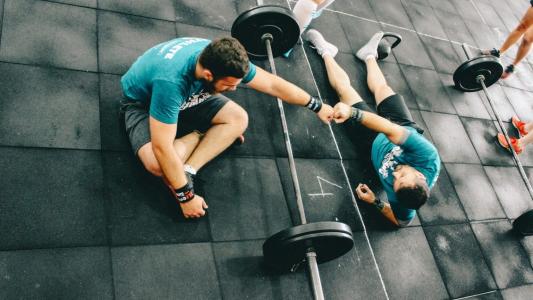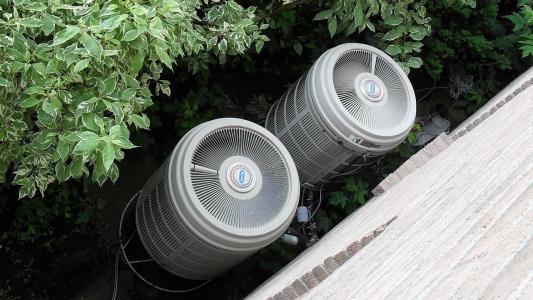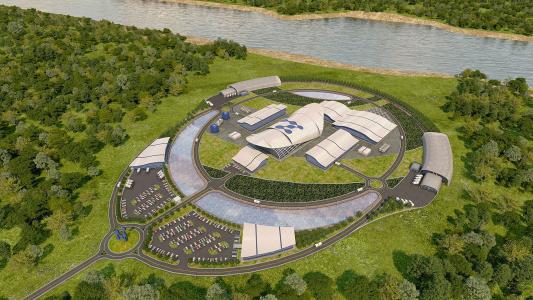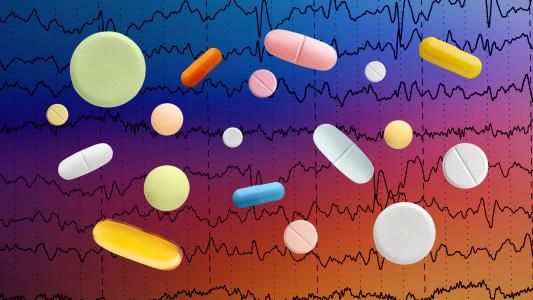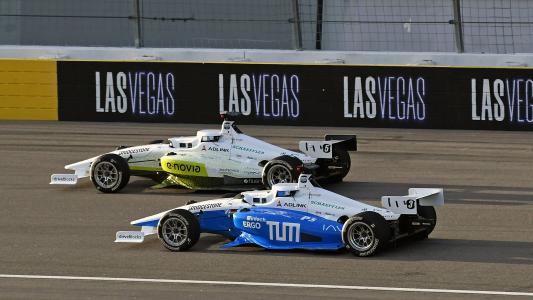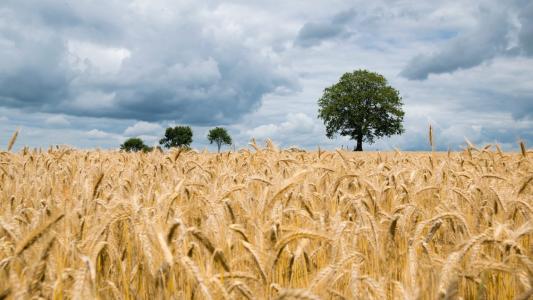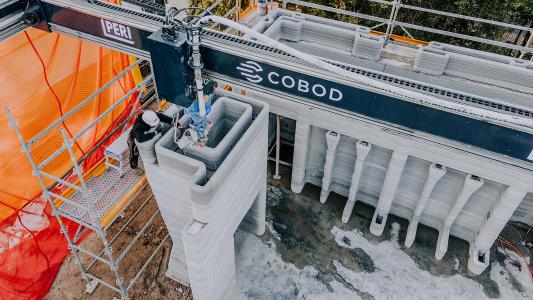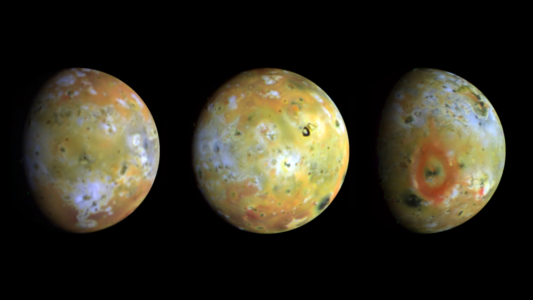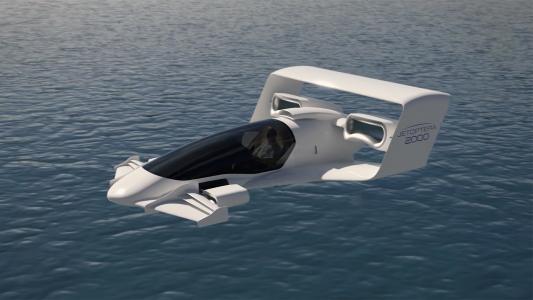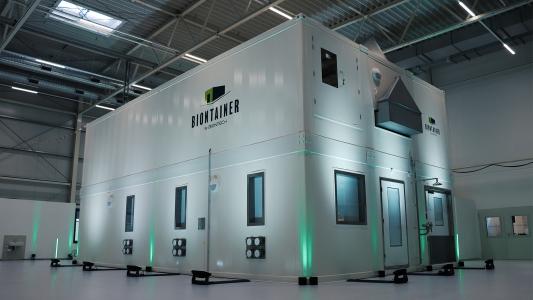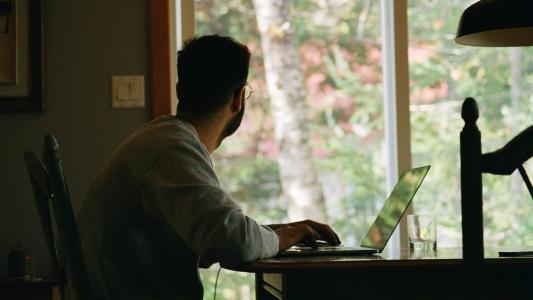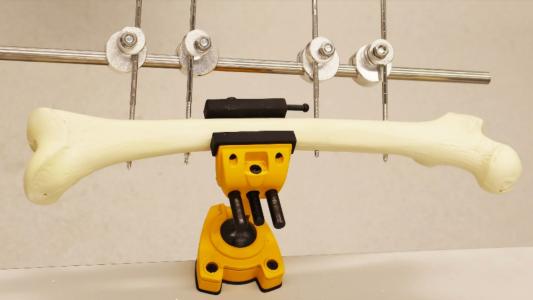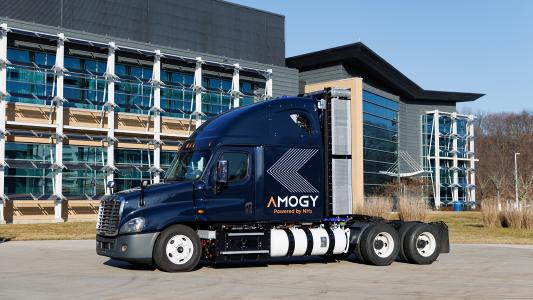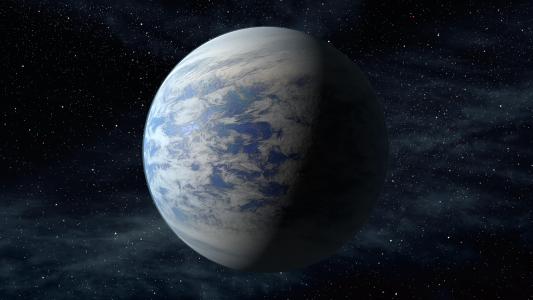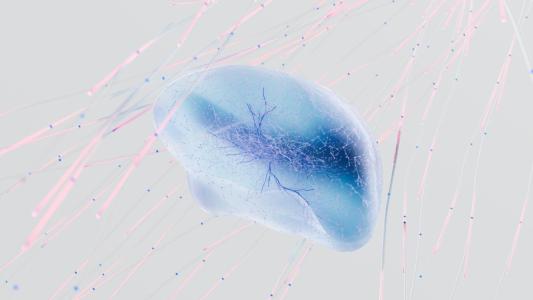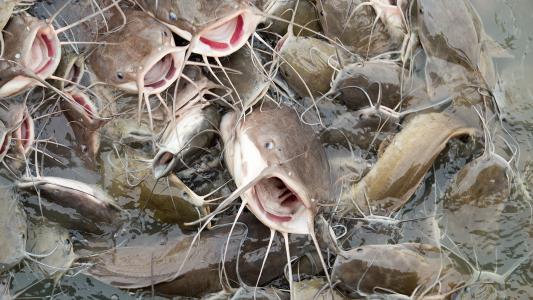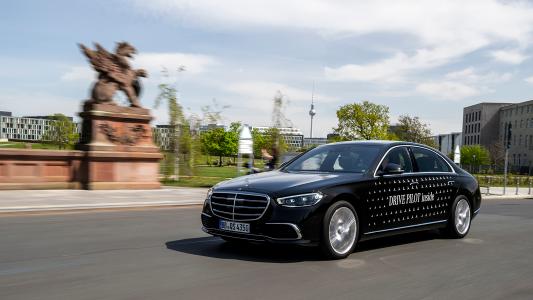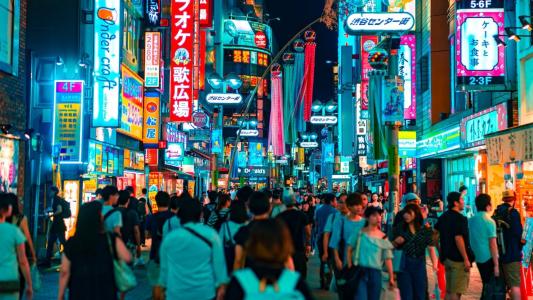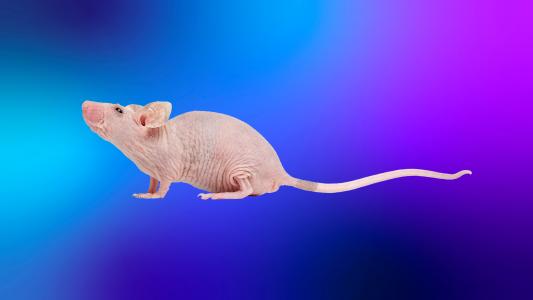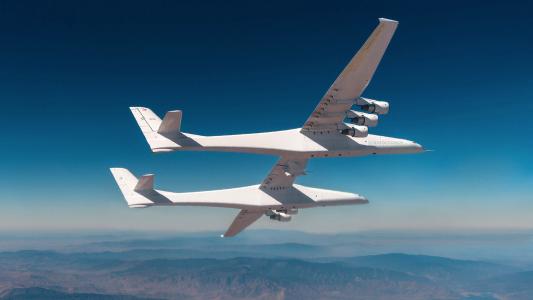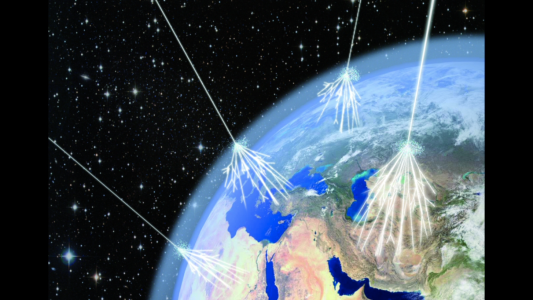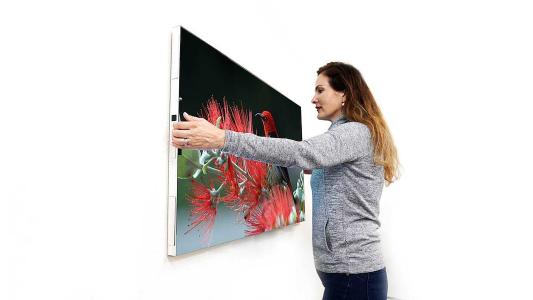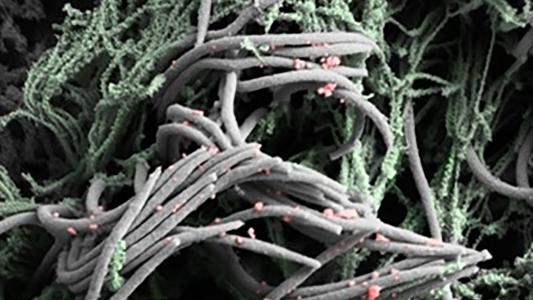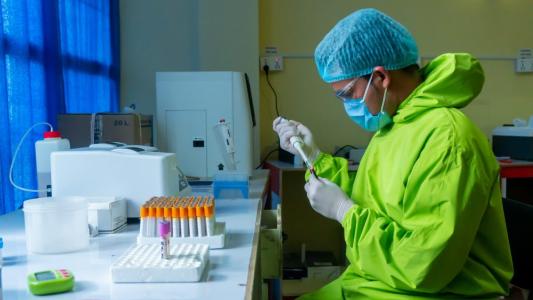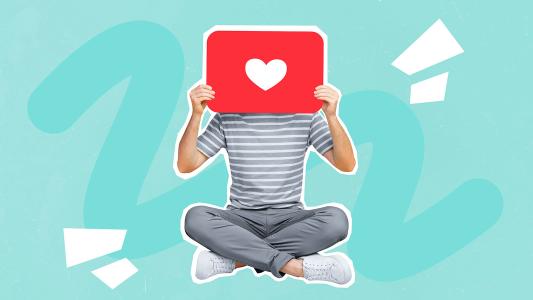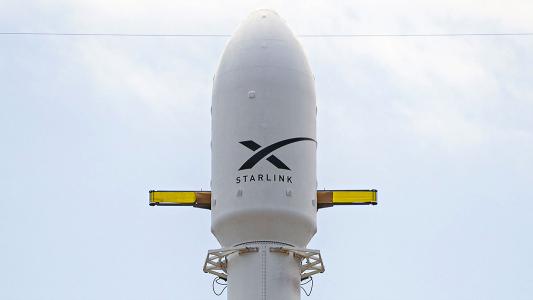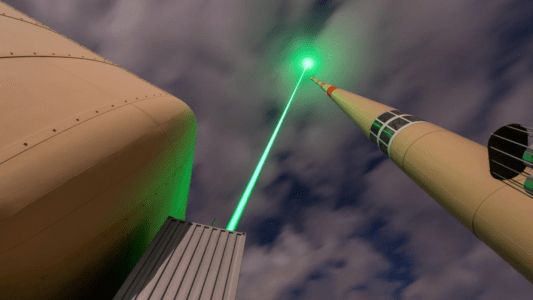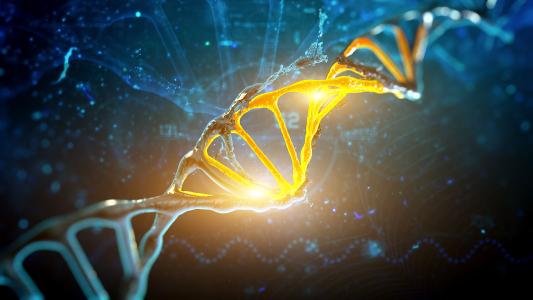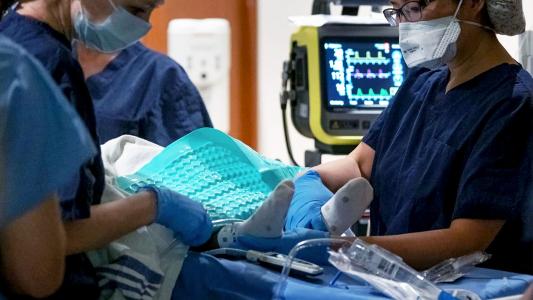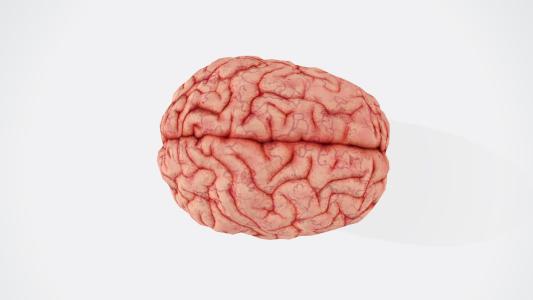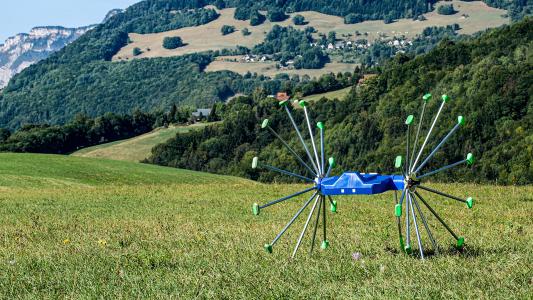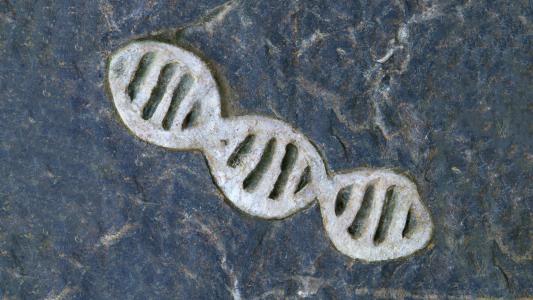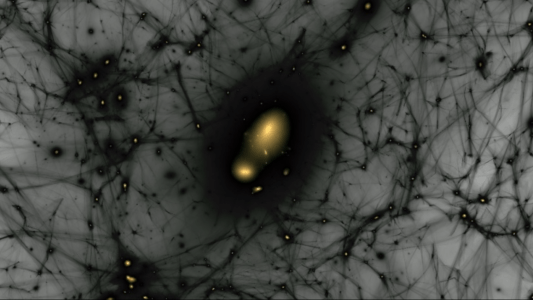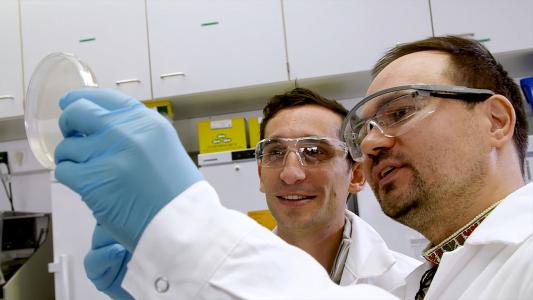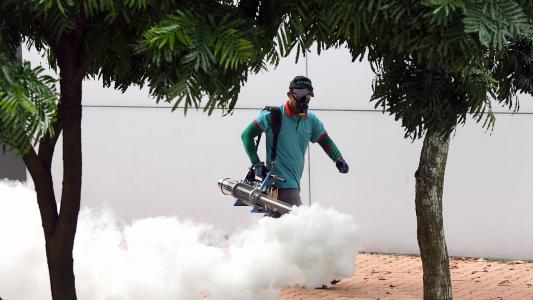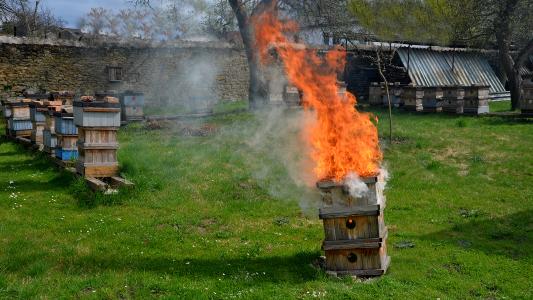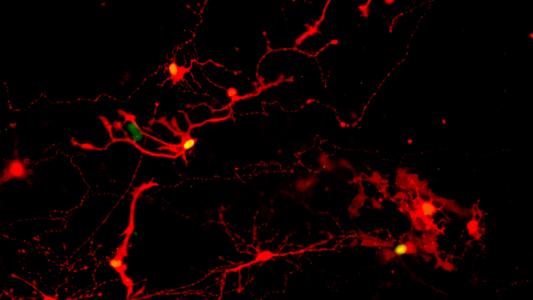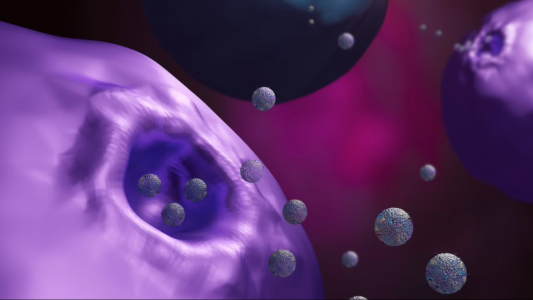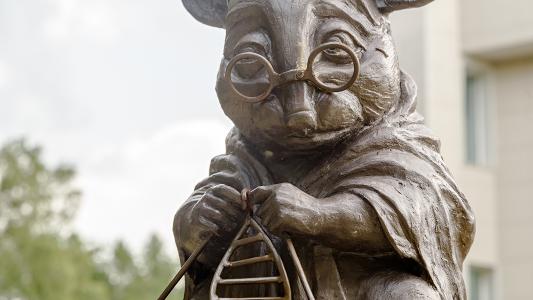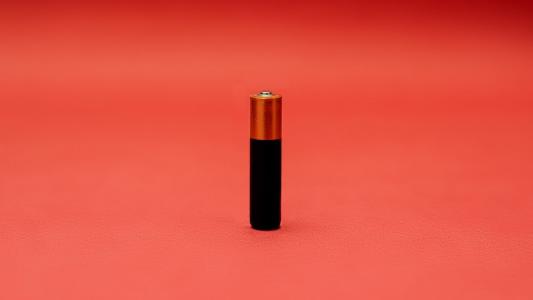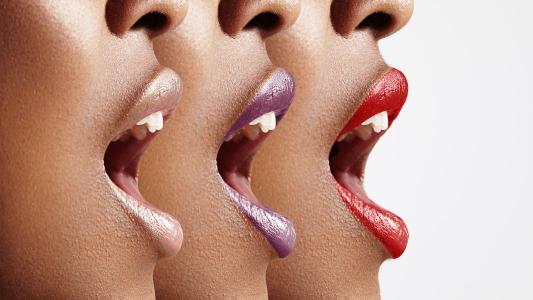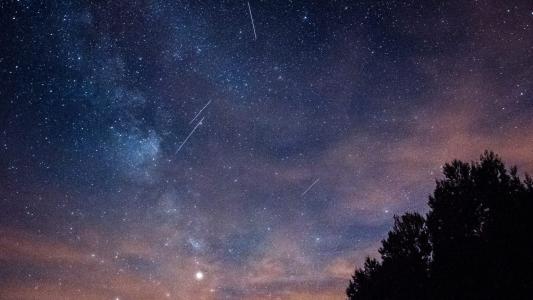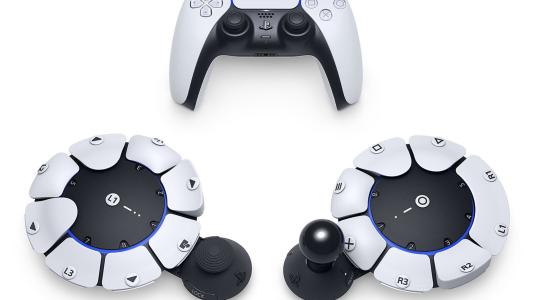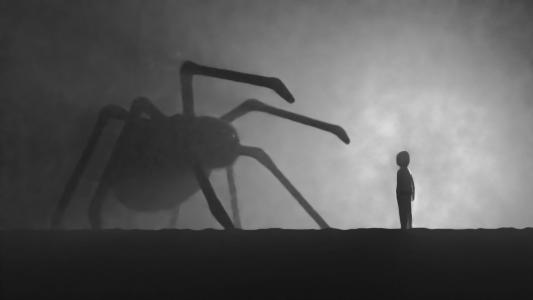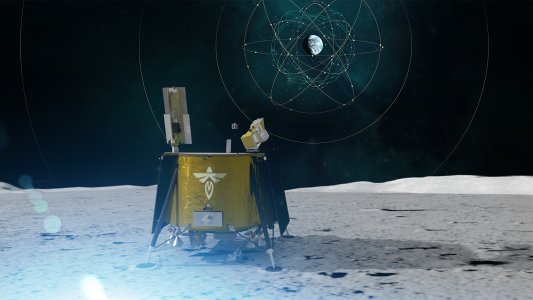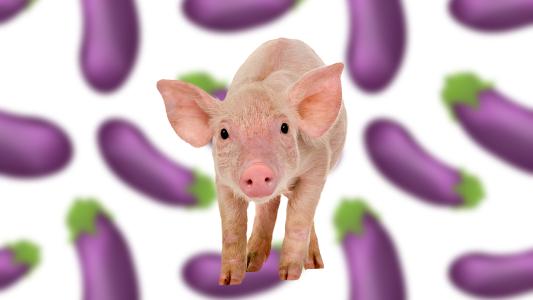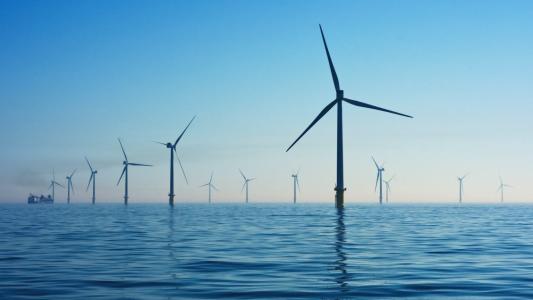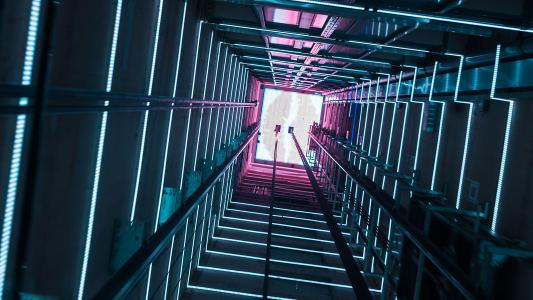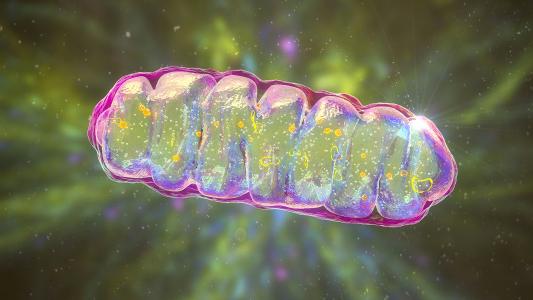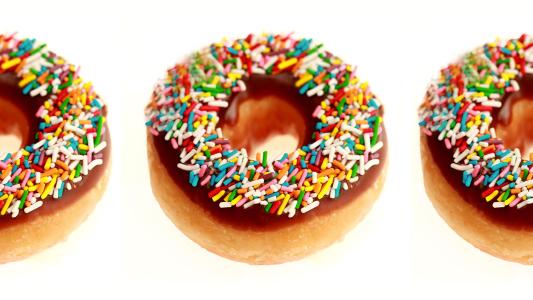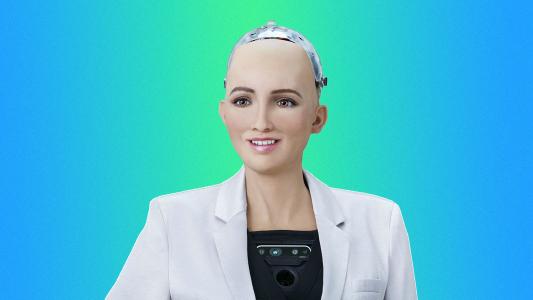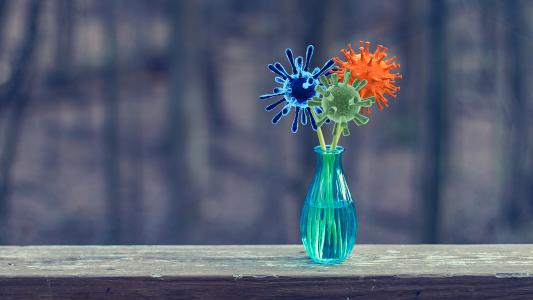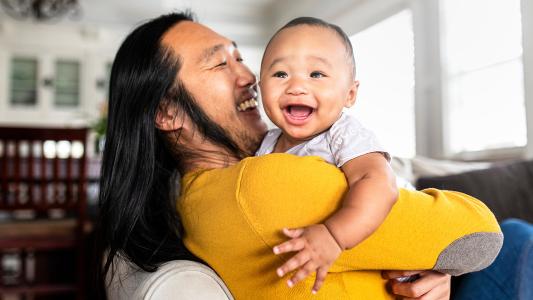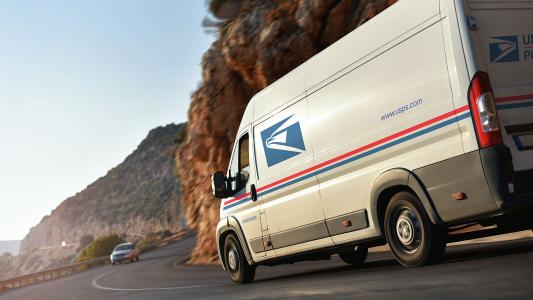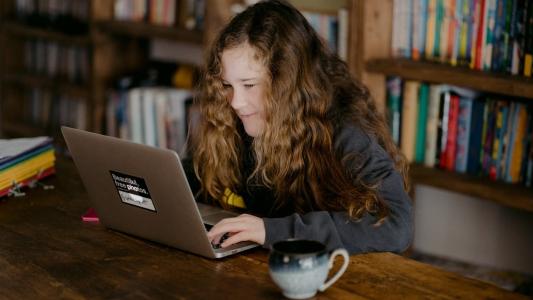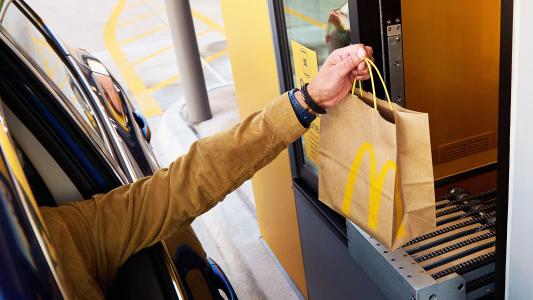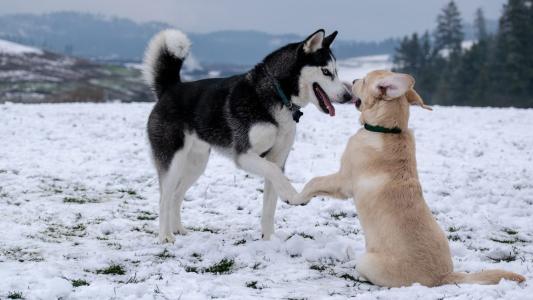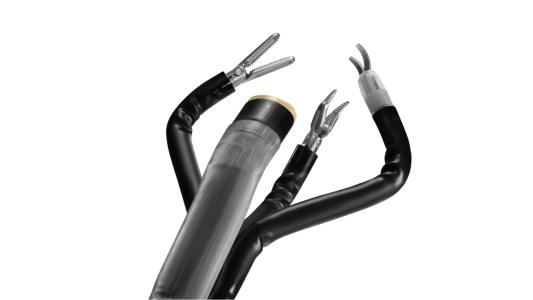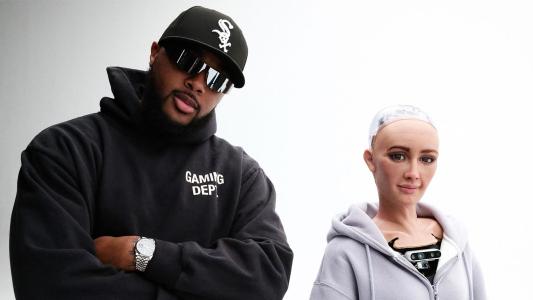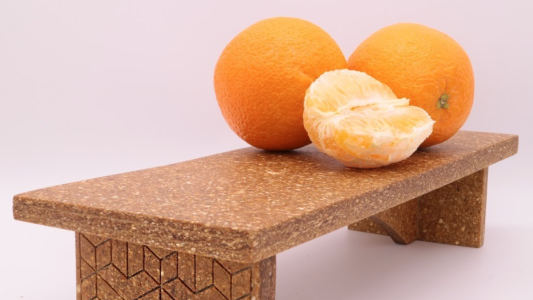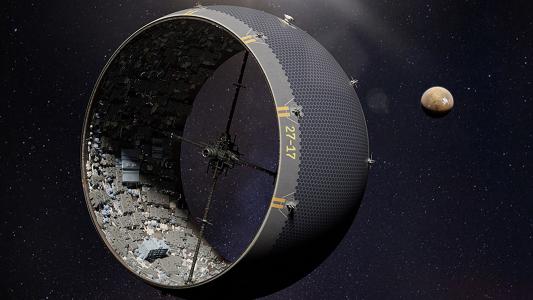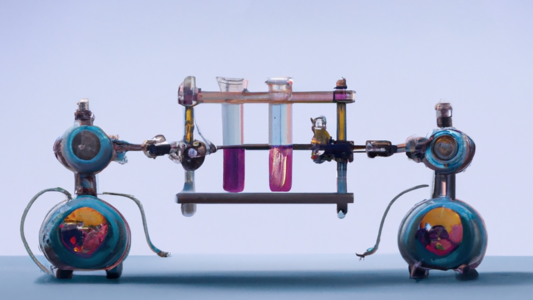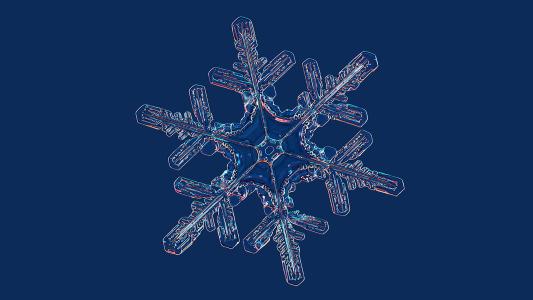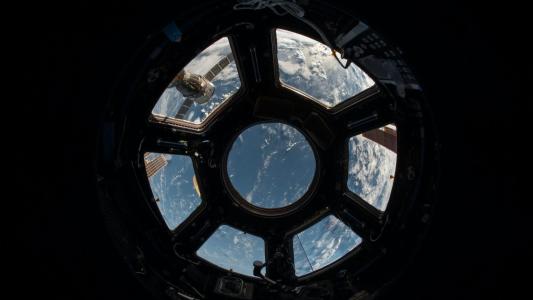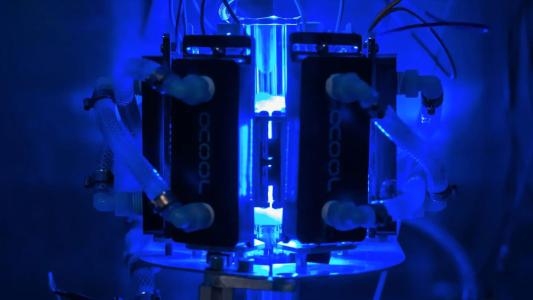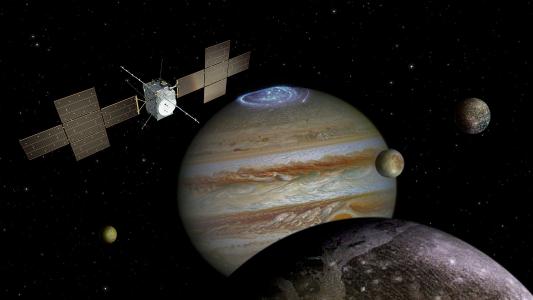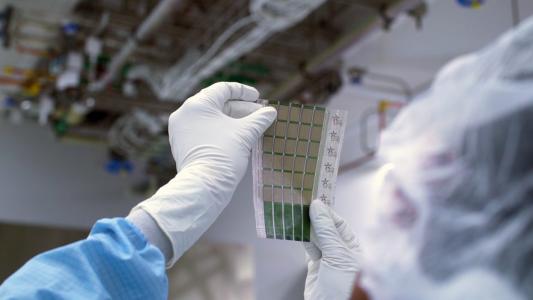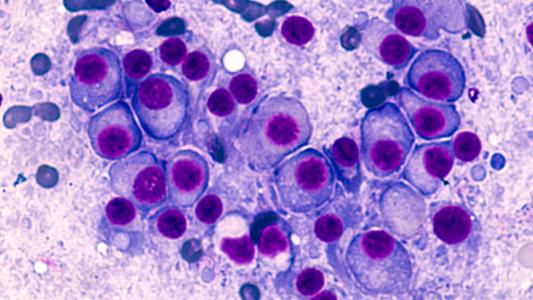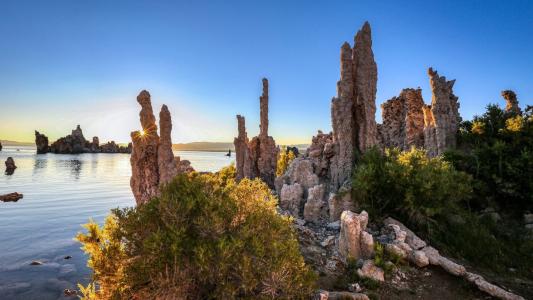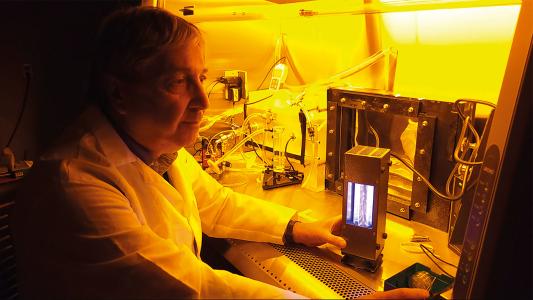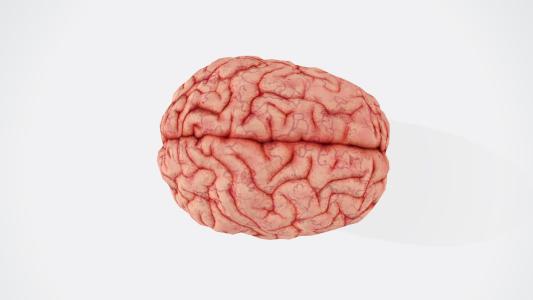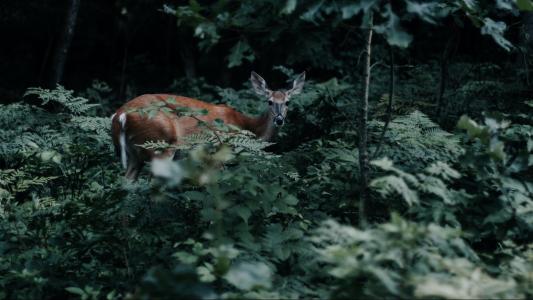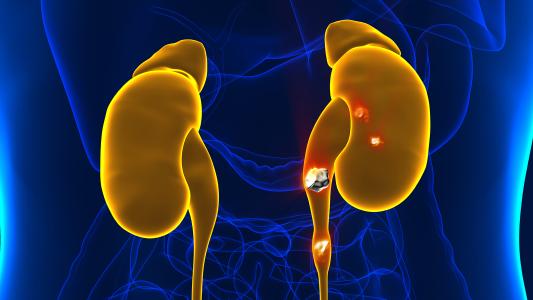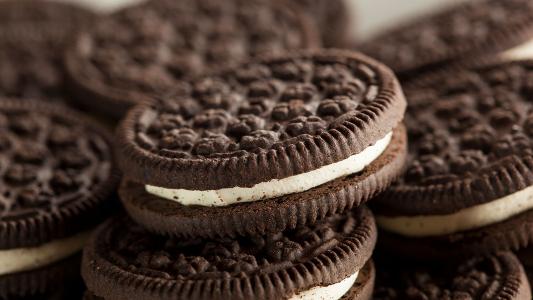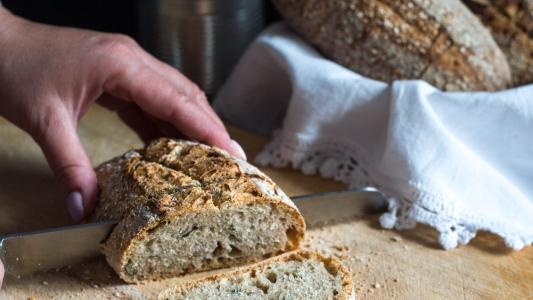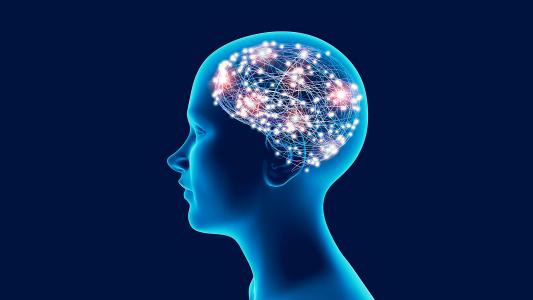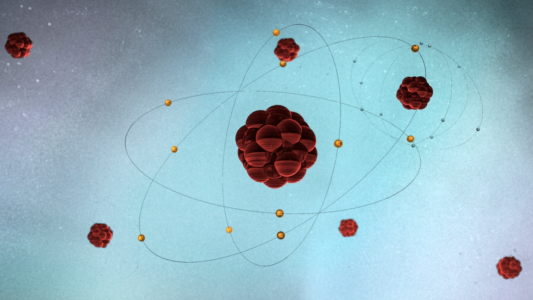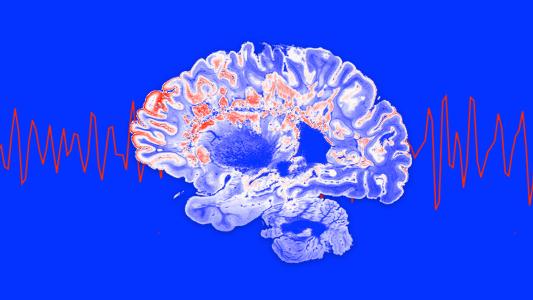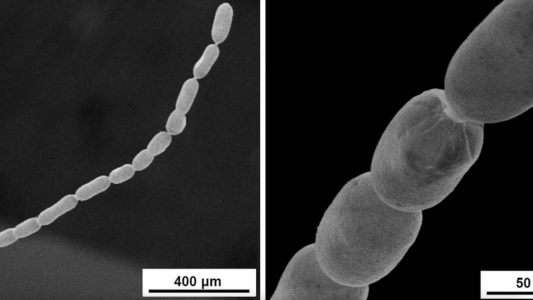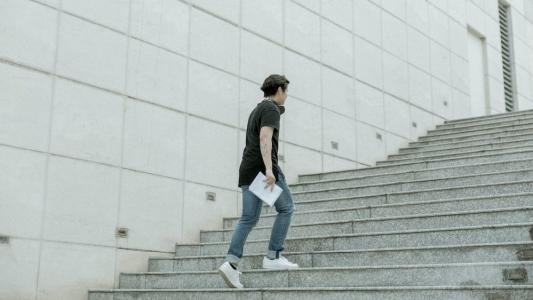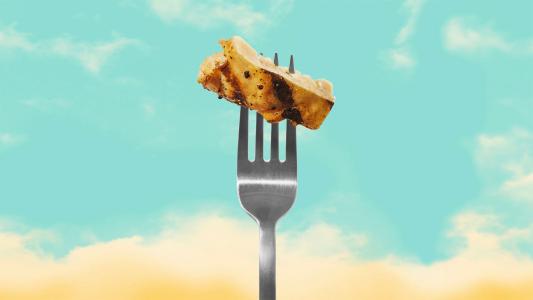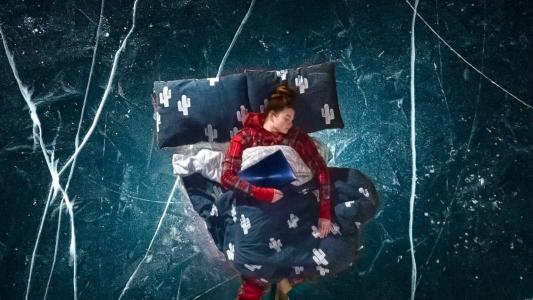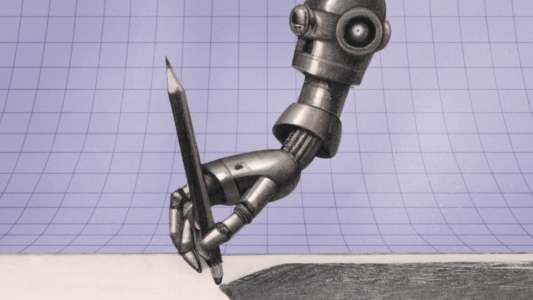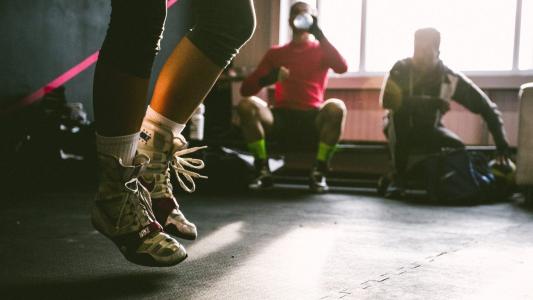This “ultrasound vortex” can quickly clear blood clots
Using spiraling ultrasound waves, researchers hope to remove stroke-causing blood clots faster and safer.
Microbiome-safe method could head off Staph infection
A microbiome-friendly method of controlling Staph colonization has aced phase 2 clinical trials.
First-of-its-kind exoskeleton for stroke rehab cleared by FDA
The FDA has cleared Wandercraft's self-balancing, hands-free Atalante exoskeleton for use during stroke rehab.
Ancient mystery solved: Why was Roman concrete so durable?
How have Roman walls held up so long? Their ancient manufacturing strategy may hold the key to designing concrete that lasts for millennia.
This “living medicine” can eliminate a deadly lung infection
Researchers have engineered bacteria to create a “living medicine” against a nasty respiratory bug.
Study suggests that exercise should be prescribed to mental health patients
Researchers concluded that exercise should be prescribed to patients with mental health issues before psychiatric drugs.
How heat pumps of the 1800s are becoming the technology of the future
With ever-improving efficiencies, and rising sales in multiple countries, heat pumps are only getting harder for their detractors to dismiss.
First small modular nuclear reactor certified in US
The US’s first certification of a small modular reactor design could lead to cheaper, safer nuclear power plants.
New biomarker test accurately predicts who will respond to antidepressant
Alto Neuroscience’s depression drug seems effective in early trials, a proof-of-concept for biomarker-based design.
Autonomous race cars go head-to-head, break records in Las Vegas
Autonomous race cars took to the track at CES, opening new forms of competition and setting speed records.
AI for better crops
AI technology could transform how growers protect their harvests, by detecting plant diseases very early on.
Two-story 3D-printed house is first of its kind in the US
The US’s first two-story 3D-printed house is being built in Houston, Texas, from a mix of concrete and wood.
Jupiter’s hot “pizza moon” may contain life
Jupiter's moon Io is thought to be inhospitable, but new data suggests life could exist underground, perhaps in lava tubes.
Startup’s bladeless flying car is designed to reach Mach 0.8
Jetoptera is designing quieter, safer vertical take-off and landing (VTOL) vehicles with bladeless propulsion systems.
New mRNA vaccine factory is made from shipping containers
BioNTech is sending a modular mRNA vaccine factory that can produce 50 million COVID-19 vaccines annually to Africa.
New study finds 5-minute hack to balance sitting all day at work
Researchers set out to find the least amount of walking one could do to offset the harmful health effects of sitting.
Treating broken bones in war zones made easier with low-cost device
The device performs similarly to its commercial counterparts but costs one-tenth the price.
MIT grads unveil the world’s first ammonia-powered semi truck
Amogy, a startup founded by four MIT grads, has unveiled an ammonia-powered semi truck that can be refueled in just eight minutes.
NASA announces alien-hunting Habitable Worlds Observatory
NASA has announced that it is developing the Habitable Worlds Observatory, a new space telescope optimized to hunt for extraterrestrial life.
Brain experiment suggests that consciousness relies on quantum entanglement
Researchers possibly witnessed entanglement in the brain, indicating that some brain activity, like consciousness, operates on a quantum level.
Moderna’s RSV vaccine over 80% effective in early analysis
Moderna’s mRNA RSV vaccine for adults looks to be over 80% effective, based on early data from a large phase 3 trial.
Scientists use CRISPR to add an alligator gene into catfish
By using CRISPR to insert an alligator gene into catfish, Alabama scientists radically increased their disease resistance.
Mercedes-Benz wins race to bring Level 3 autonomous cars to US
Mercedes-Benz has permission to deploy its Level 3 autonomous driving system, DRIVE PILOT, in Nevada, and California could soon follow.
Tokyo wants to build a future-proof city. Here’s how.
Tokyo’s municipal government has announced plans to build a high-tech, sustainable city on reclaimed land in its bay area.
Particles packed with mRNA reduce wrinkles in mice
A new delivery method for mRNA therapies could open the doors to better treatments for aging, cancer, and more.
World’s largest plane sets new flight record
A new test flight puts the world’s largest plane one step closer to helping the US develop — and respond to — hypersonic weapons.
How to prove Einstein’s relativity for under $100
Muons only live for 2.2 microseconds before decaying. Thanks to Einstein's relativity, they make it to the surface of the earth. Here's how to prove it.
This $3,000 completely wireless TV vacuum seals to your wall
Home entertainment startup Displace has unveiled a completely wireless TV that vacuum seals to walls and is controlled by hand gestures.
Stanford nasal study could lead to “morning after” virus spray
A “morning after” antiviral nasal spray could be created using new knowledge about how SARS-CoV-2 invades your nose.
5 biotech trends to watch in 2023
After a monumental year of breakthroughs, scientists, investors, and CEOs share which areas of biotech they are eagerly watching this year.
Will 2023 be the year of the private social network?
Many tech leaders think the future of social media is private social networks, not the public squares that previously dominated.
SpaceX puts Starlink promises to astronomers in writing
SpaceX has signed an agreement with the National Science Foundation detailing its plans to minimize Starlink’s impact on astronomy.
Scientists use laser beam to divert lightning strikes
Since the time of Benjamin Franklin, we’ve looked for ways to control, or at least deflect, lightning strikes. Enter laser-guided lightning.
Study finds 155 tiny new genes evolving in humans
Microproteins encoded in short strands of DNA reveal our recent evolutionary history, and hint at how human genetics may be changing.
New brain cancer treatment trialed in children for the first time
MRI-guided focused ultrasound has been used to deliver chemo into the brain of a pediatric cancer patient for the first time.
“Jumping genes”: A new model of Alzheimer’s
A new hypothesis suggests that Alzheimer's disease is the result of "jumping genes" in the brain, not inflammation or plaque.
New AI-powered farming robot covers 50 acres of crops per day
French startup Meropy has developed an agricultural robot that can autonomously inspect crops from above and below.
Resurrecting a 2.6 billion-year-old ancient CRISPR system
Researchers have resurrected an ancient CRISPR system 2.6 billion years old, capable of editing genes in the modern day.
The case for dark matter has strengthened
Though it makes up about 26% of the Universe, we cannot see dark matter. But we know it's there because we can see its effects.
New killer CRISPR system is unlike any scientists have seen
CRISPR-Cas12a2 — a system that causes cells to self-destruct — could lead to new cancer treatments, better diagnostic tests, and more.
Google sister company aims to eradicate dengue from a tropical country
Verily, owned by Google parent company Alphabet, believes it can eliminate Singapore’s dengue problem.
The first ever honey bee vaccine has arrived
The USDA has conditionally approved a honey bee vaccine to protect the important insects from American foulbrood, a brutal bacterial infection.
Lab-grown retinas move toward human trials
Lab-grown eye cells have demonstrated an ability to communicate, a huge milestone along the path to using them to reverse blindness.
Chickenpox and shingles virus lying dormant in your neurons can reactivate and increase your risk of stroke
People with shingles have an approximately 80% higher risk of stroke than those without the disease, and researchers want to know why.
A single injection of gene therapy made old mice live 7% longer
Biotech startup Rejuvenate Bio says it has extended the lives of elderly mice by 7% using a technique called “partial reprogramming.”
This MIT research could help us unlock smaller, lighter, and safer batteries
Replacing the liquid electrolyte in rechargeable lithium batteries with a thinner, lighter ceramic material could revolutionize technology.
Microsoft’s new AI needs just 3 seconds of audio to clone a voice
Microsoft has unveiled VALL-E, a voice-cloning AI that only needs a 3-second sample to simulate a speaker’s voice with remarkable accuracy.
FDA approves new Alzheimer’s medication
Lecanemab, a new Alzheimer’s medication shown to slow cognitive decline in patients, has been granted accelerated approval by the FDA.
What happens when an astrophysicist puts ChatGPT to the test?
Can an astrophysicist get ChatGPT to learn and assimilate new information and give correct answers where it gave confident but false ones?
This 3D-printed home is made entirely of bio-based materials
Maine researchers are testing a new approach to 3D printing homes, swapping out the standard concrete “ink” for a material made of wood waste.
This Swedish start-up is building an electric airliner
A Swedish startup has joined the race to build the world’s first electric airplane to help reduce the carbon impact of flying.
Sony announces new adaptive PlayStation controller
Sony has announced a new, “out of the box” adaptive PlayStation controller, dubbed Project Leonardo.
NASA and ESA are racing to bring GPS to the moon
Two upcoming space missions by NASA and ESA could help bring satellite navigation (satnav) to the moon and cislunar space.
Artificial penis tissue restores erections in injured pigs
Artificial penis tissue that restored erections in injured pigs might one day do the same for people with erectile dysfunction.
How do floating wind turbines work?
Several full-scale demonstration projects with floating wind turbines are already operating in Europe and Asia. How do they stay afloat?
Microsoft plans to use ChatGPT in Bing. Here’s why it could be a threat to Google.
Language models could transform the ways we engage with search engines.
Elevator technology is going up
A new generation of elevator technology may soon change the way you ride.
Mother’s mitochondria used to treat her child’s rare genetic disorder
A new therapy that treats children with rare mtDNA mutations using mitochondria sourced from their mothers has now been tested in patients.
Krispy Kreme donuts to be filled, frosted, and packaged by machines
Donut company Krispy Kreme is investing in automated systems to take over functions currently completed by human workers.
Ring galaxies, the rarest in the Universe, finally explained
After decades of wondering how ring galaxies form, we've caught them in enough stages of evolution that we finally know where they come from.
Sophia the robot talks Elon Musk, climate change, and more
Celebrity humanoid Sophia the robot shares her “thoughts” on climate change, Elon Musk, and more with Freethink.
Apple Music is using AI to make karaoke tracks
Apple Music Sing uses AI to turn popular songs into sing-alongs.
New mRNA universal flu vaccine against all known subtypes takes promising first steps
A new universal flu vaccine candidate that uses mRNA to target all known flu subtypes looks promising in animal models.
New stem cell patches could repair babies’ heart defects permanently
Stem cell patches under development in the UK might allow surgeons to permanently repair infants congenital heart defects.
Not just light: Everything is a wave, including you
In the 1920s, the wave-particle duality of light was extended to include all material objects, from electrons to you.
The mail is finally going electric (its trucks, anyway)
After withering criticism from the EPA, Biden officials, and 16 states, the USPS has announced it will order more electric delivery vehicles.
The dawn of AI has come, and its implications for education couldn’t be more significant
AI like ChatGPT is forcing us to rethink education. But if we embrace it, it could empower both students and teachers.
McDonald’s opens its first automated restaurant in Texas
McDonald’s has opened a new highly automated restaurant, giving customers a first look at the potential future of fast food.
Genetic research confirms your dog’s breed influences its personality — but so do you
A dog's breed has a big impact on their personality, but whether they fit your lifestyle is also down to good training.
A look at innovative, single-incision procedures
In partnership with Intuitive
With a single incision, some surgeons can now accomplish just as much as they previously did with four.
Sophia the robot becomes first humanoid to be signed by a gaming org
Sophia the robot has signed to XSET, a gaming organization and lifestyle brand focused on diversity and inclusion.
This company turns food waste and mushrooms into building materials
UK-based company Biohm uses natural vegetative material like food waste and mushrooms to ‘grow’ insulation panels.
A far-out plan to build an asteroid city
University of Rochester researchers think they have a solution to creating an asteroid city: a giant bag.
We gave ChatGPT a college-level microbiology quiz. It blew the quiz away.
A microbiologist devised a quiz that would be appropriate as a final exam for college-level microbiology students. ChatGPT blew it away.
World’s highest-res pictures of snowflakes combine art and tech
Former Microsoft CTO Nathan Myhrvold custom built a camera system to take the world’s highest-resolution pictures of snowflakes.
China’s new space station is open for business
On Nov. 29, 2022, the Shenzhou 15 mission launched from China’s Gobi Desert carrying three taikonauts – the Chinese word for astronauts.
New experiment produces hydrogen with LEDs
Quantum simulations have identified a cheap way of extracting hydrogen fuel from liquid ammonia using LED light.
The “recovery paradox” explains why you’re burnt out
There's regular job stress, and then there's uncertainty, dread, and constant change. Here's how to actually recover from it.
The 12 most exciting space missions of 2023
2023 will see the launch of new rockets, the return of OSIRIS-REx, and a mission to Jupiter that could help us find extraterrestrial life.
Paper-thin solar cell can turn any surface into a power source
MIT researchers have developed a scalable fabrication technique to produce ultrathin solar cells that can be stuck onto any surface.
New antibody therapy works for 73% of multiple myeloma patients
A new multiple myeloma therapy that uses an antibody to bring T cells to the cancer has shown efficacy in clinical trials.
Pricing groundwater will help solve California’s water problems
The state’s Sustainable Groundwater Management Act is a great opportunity — but only if it goes far enough.
Seven science and tech breakthroughs you may have missed this year
A roundup of major science and tech achievements that flew under the radar in 2022, including new vaccines, advanced solar cells, and more.
How to use the brain’s own immune cells to stave off Alzheimer’s
Research suggests that microglia play a key role in preventing neurodegenerative diseases by helping to remove toxic waste.
Search engines and AI will make each other better
The tech behind ChatGPT isn’t ready to overthrow Google, but it could fix what’s wrong with search engines.
Rewilding: letting nature do its own thing
Rewilding organisations in Europe are reintroducing lost species including the Eurasian lynx and Marsican brown bear.
Engineered bacteria may one day prevent kidney stones
In a small proof-of-concept study, an engineered E. coli was able to reduce levels of a kidney stone-causing chemical.
“Galactic archeology” makes spectacular find: the Milky Way is over 13 billion years old
Scientists have pushed the Milky Way's early history back more than 2 billion years: to less than 800 million years after the Big Bang.
Harvard and Kraft Heinz are trying to make sugar healthier
Instead of replacing sugar, Wyss scientists had an idea: what if they change sugar to make it healthier?
Neuroscientists recommend more carbs and less coffee to combat seasonal depression
Taking small steps to help your circadian rhythm adjust to winter could mean happier times during what are literally the darkest days.
Researchers have developed a way to “decode” depression
Baylor College of Medicine researchers have developed an electrode-based “mood decoder” capable of mapping brain activity to mood.
After 50 years, fusion power hits a major milestone
Researchers in California achieved net energy gain in a thermonuclear fusion experiment. But how great of a breakthrough is this, really?
MIT is testing light and sound to combat Alzheimer’s
MIT researchers are developing a therapy that uses 40-Hz light and sound to alter Alzheimer’s patients’ gamma waves.
Mega bacteria that can be seen with naked eye shakes up the field of microbiology
A newly discovered species of bacteria is so large that it can be seen with the naked eye. It also contains a DNA-containing nucleus.
Just a few short bursts of physical activity each day might yield huge health benefits
Researchers tracked 25,241 non-exercisers wearing accelerometers to find out of brief bursts of activity lowered their risk of dying.
World’s biggest cultivated meat factory is being built in the US
Israeli startup Believer Meats is building the world’s biggest cultivated meat factory in Wilson, North Carolina.
AI-based theory explains your weird dreams
Researchers suggest that dreaming helps us generalize our experiences so that we can adapt to new circumstances.
Generative AI: The technology of the year for 2022
It's made headlines so often that there is no question that 2022 will be remembered as the year that Generative AI stunned the world.
How exercise changes your brain biology and protects your mental health
A psychiatrist and neuroscientist began to think of prescribing exercise as telling patients to take their “exercise pills.”
